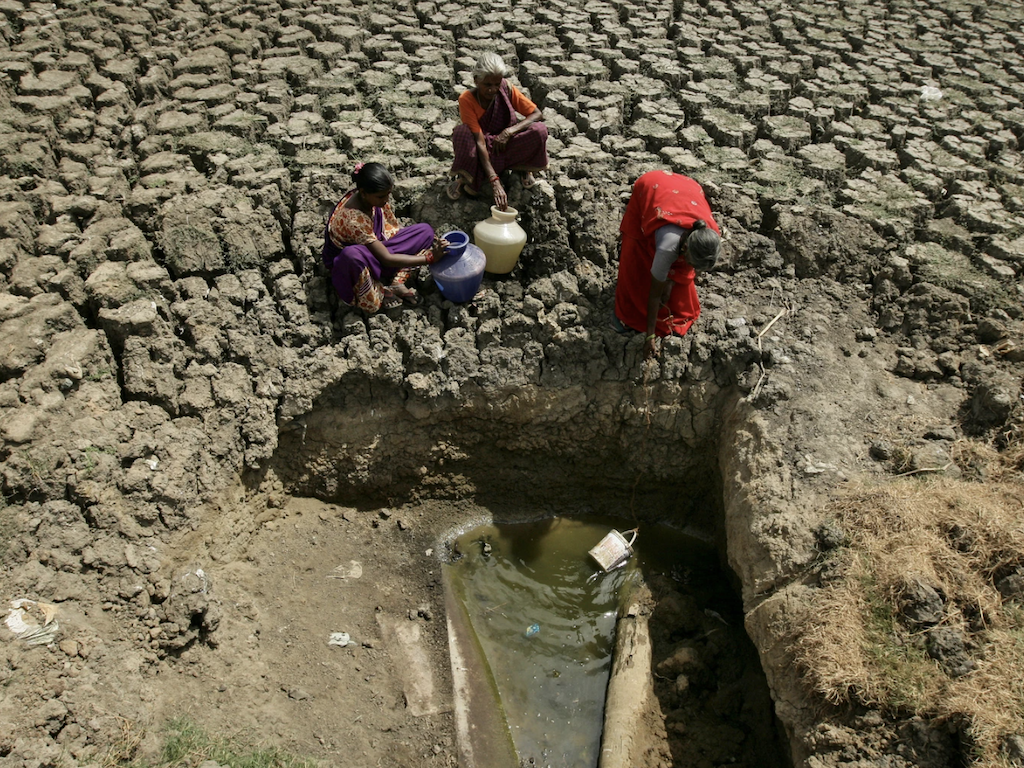3 Mins Read
A new report finds that the United Nations Sustainable Development Goals (SDGs) are not likely to be achieved until 2092 as a result of our current trends and the compounding impacts of the coronavirus crisis. The dire prediction is yet another warning to world leaders that urgent action must be taken to prioritise the Global Goals in their rebuilding efforts in the coming months if we are to ensure the health and security of all people and the planet.
Based on the latest 2020 Social Progress Index projections compiled by the nonprofit Social Progress Imperative, if current global trends continue, we are unlikely to achieve the SDGs until at least 2082. The report also warns that when the coronavirus pandemic and its accompanying economic and social impacts are factored into the equation, SDG progress could be pushed back by another decade until 2092. This means that we are on track to miss the original 2030 target by an astonishing 62 years.
The index represents the world’s most comprehensive measure of countries’ social and environmental performance independent of economic factors, capturing the outcomes related to all 17 Global Goals by aggregating 50 indicators from 163 countries.
Researchers found that though in general, the world is improving with the global average score increasing from 60.63 to 64.24, with 100 being the maximum score, there have been multiple instances of regression. More specifically, Personal Rights and Inclusiveness have seen decline since 2011, and the world is stagnated on Environmental Quality and Personal Safety.
Overall, the fastest progress seen over the past decade is among developing countries, with Ethiopia, Gambia and Tunisia demonstrating significant improvement on multiple indicators. On the other hand, there are outliers who have seen big declines in social and environmental progress.
The United States is highlighted as a backslider in both absolute and relative terms to its wealthy peers, ranking at 28th on social progress and only 1 of 3 countries on the scale declining in social progress over the past 10 years. The other two countries showing regression amongst the group of G7 countries are Brazil and Hungary.
This year’s index also provided additional data collected from an Ipsos survey that examined public opinion on social progress in the wake of the coronavirus pandemic. The research found that people in countries most affected by the pandemic are now prioritising social progress rather than economic growth, especially younger generations. Analysts say that this represents some hope that action on the SDGs can be ramped up, given widespread public agreement that countries must put non-economic outcomes at the forefront of recovery plans.
Similarly dire projections were made earlier this year in July by the United Nations Department of Economic and Social Affairs. In their report, the experts said that the few targets where advancement had been recorded – particularly in maternal and child health, access to electricity and female representation – are all under threat of having progress wiped out in a matter of weeks due to the coronavirus pandemic.
Crucially, the study found that an estimated 71 million people are now expected to be pushed back into extreme poverty this year, marking the first rise in global poverty since 1998.
Even last year, researchers had been warning that progress on the SDGs were uneven and insufficient enough to meet the deadline of 2030. In the Asia-Pacific region, there had been little to no progress across the board, with some targets even recording patterns of regression, particularly in the deterioration of the environment, food insecurity and pervasive inequality.
Lead image courtesy of Reuters / P. Ravikumar.




